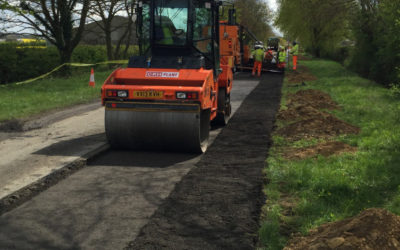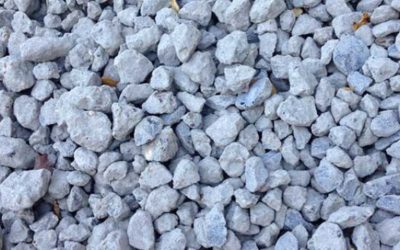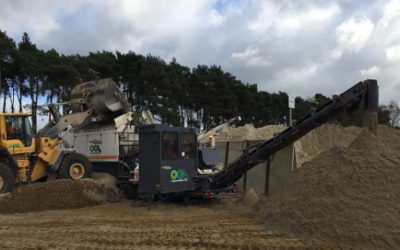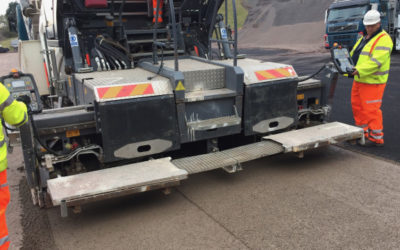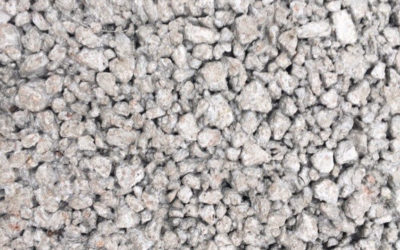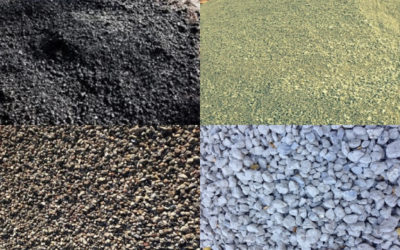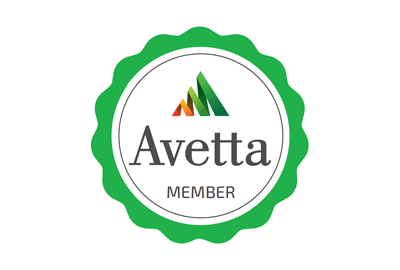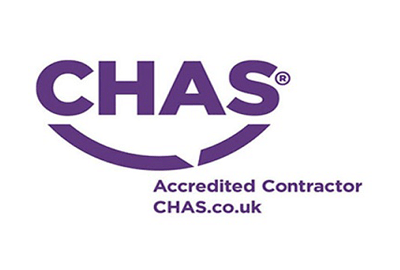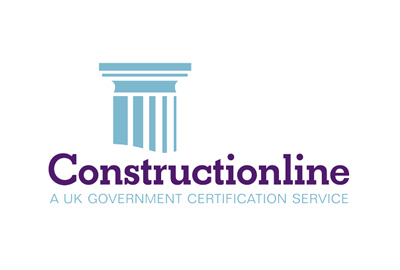The construction industry has been slow to adopt circular economy practices, but it has been making strides in recent years. The construction and refurbishment of buildings contribute to 11% of total greenhouse gas emissions, with cement, steel, aluminum, and plastic production being the major contributors. Half of the yearly produced aluminum becomes scrap, while the UK construction sector is the second-largest plastic waste producer. During construction, 15% of building materials are wasted, and when a building is demolished, most of its materials end up in landfills. In the EU, construction and demolition waste make up almost a third of total waste by weight.
One area of construction where the circular economy is finding a footing is in highway construction and asphalt recycling. Cold Recycled Bound Material (CRBM) is an innovative sustainable material solution that repurposes traditional road materials like concrete and asphalt for new road construction and maintenance. Adopting a circular economy with the use of CRBM provides numerous benefits, such as reducing waste, improving road surface quality, and cutting CO2 emissions.
CRBM: An Environmentally Friendly Solution
CRBM is an environmentally friendly, low-cost material made from a combination of recycled asphalt, cement, and water. The process involves breaking down old road surfaces, crushing the material, adding cement and water, and then compacting the mixture. The resulting material is more durable, stable, and resistant to weather damage than traditional road materials. By repurposing traditional road materials for new road construction and maintenance, CRBM reduces the amount of waste that goes into landfills and cuts down on the consumption of finite resources.
Benefits of Adopting CRBM and Circular Economy Practices
By using CRBM you can begin to adopt circular economy practices, which delivers numerous benefits, including:
- Reducing Waste and Pollution: By repurposing traditional road materials, CBRM reduces the amount of waste that goes into landfills and cuts down on pollution.
- Cutting CO2 Emissions: The use of CRBM results in lower carbon emissions than traditional road materials, making it a more environmentally friendly option.
- Enhancing Resource Security: Adopting a circular economy with CRBM helps to enhance resource security by reducing dependence on finite resources.
- Increasing Efficiency: CBRM is an innovative material solution that is more durable, stable, and resistant to weather damage than traditional road materials. This means that roads constructed with CBRM require less maintenance, reducing the need for costly repairs.
- Creating New Business Opportunities and Employment: The adoption of a circular economy with CBRM creates new business opportunities and employment, as it requires the development of new technologies and skills to recycle road waste.
Asphalt Recycling in the Circular Economy
Asphalt recycling is an essential element of the circular economy in the construction industry. The adoption of a circular economy with the use of CRBM is crucial in mitigating the negative environmental impacts of the linear economy. By repurposing traditional road materials for new road construction and maintenance, even cycleways, CRBM reduces waste and pollution, enhances resource security, increases efficiency, and creates new business opportunities and employment.
The adoption of a circular economy with the use of CRBM is essential in promoting sustainability and mitigating the negative impacts of the linear economy. Recycling road waste is an important element of the circular economy in the construction industry, and CRBM is an innovative sustainable material solution that has several benefits. As local councils across the UK are looking for ways to recycle road waste and promote sustainability, adopting a circular economy with the use of CRBM is a crucial step towards achieving these goals.


